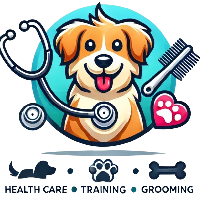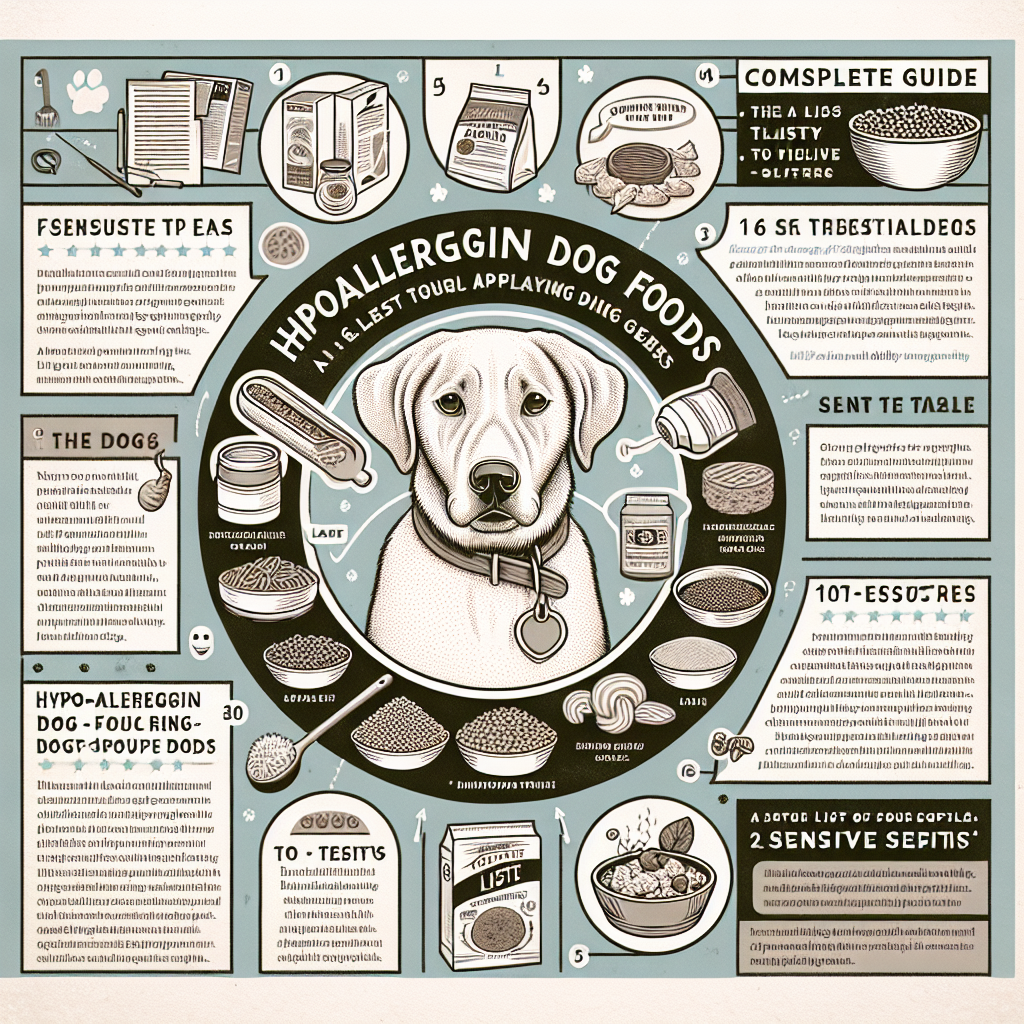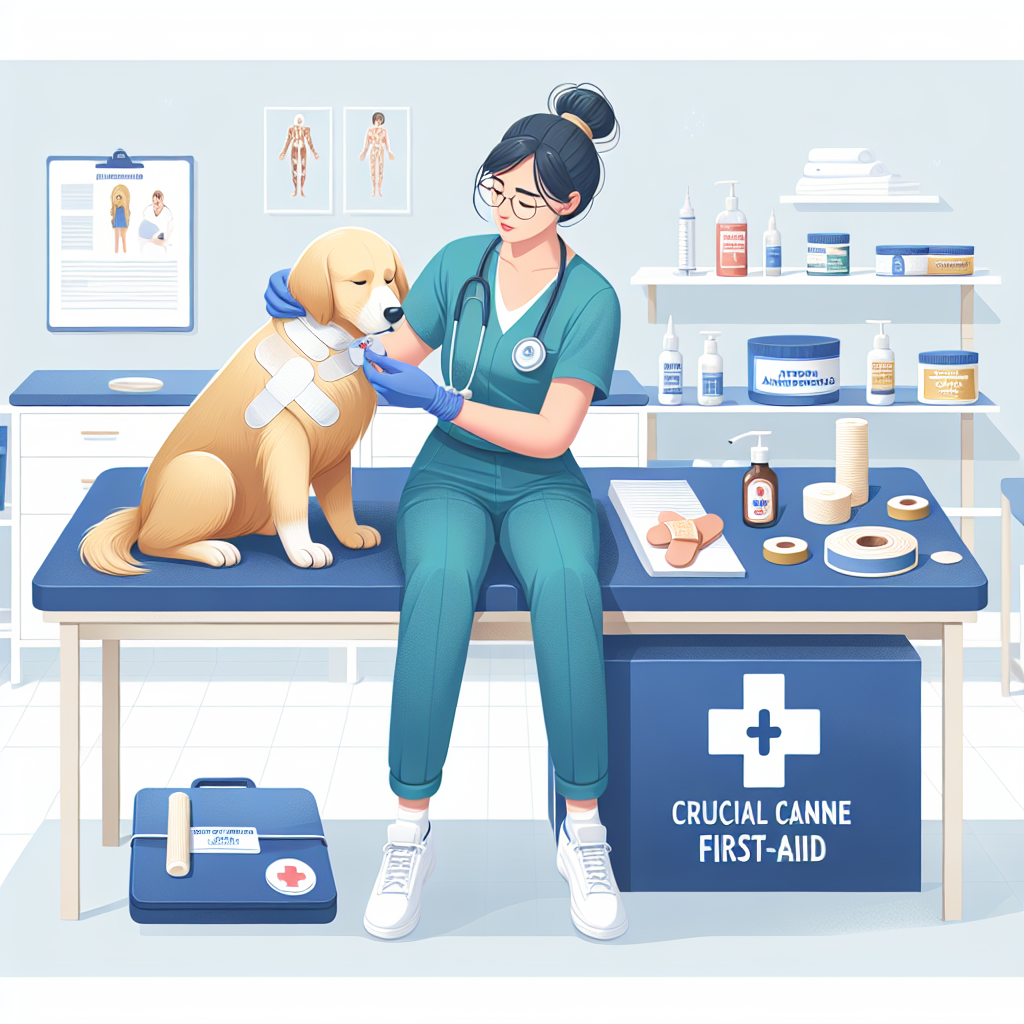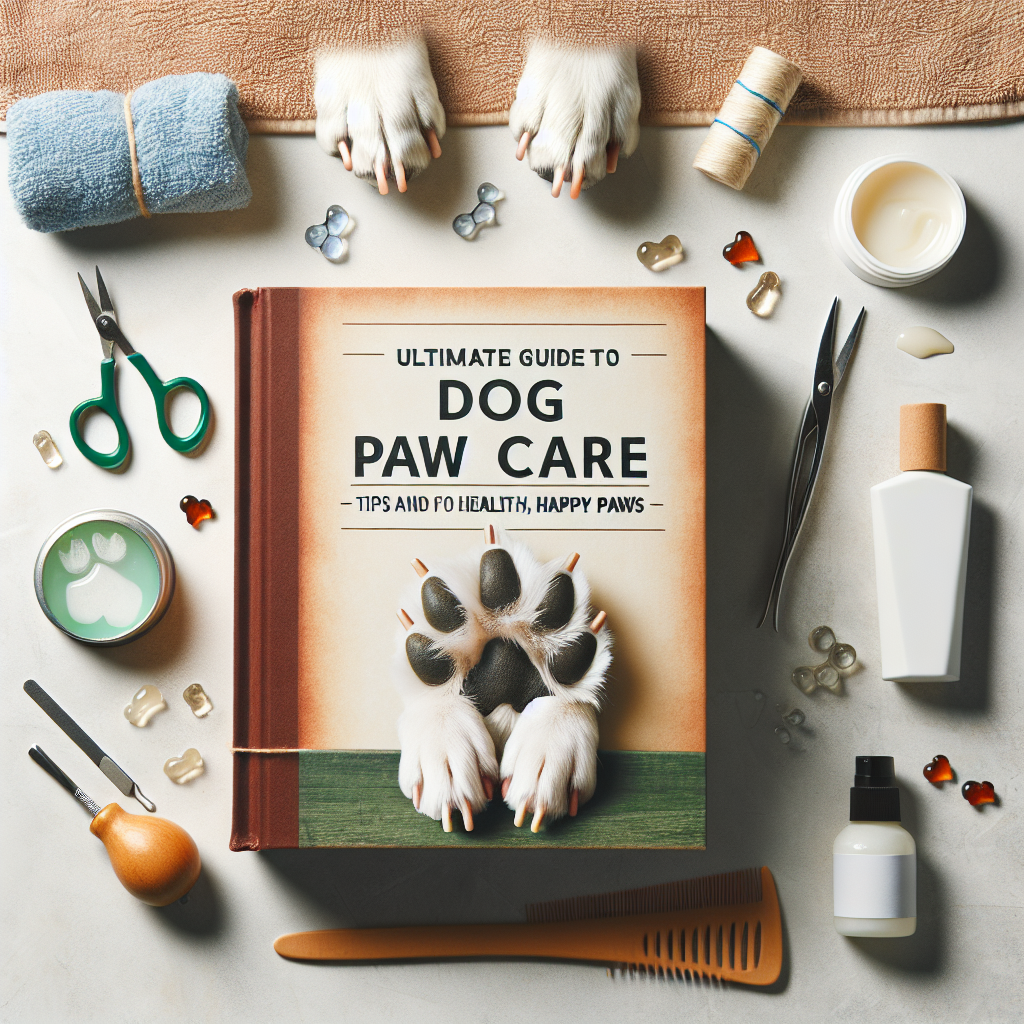
When it comes to caring for our furry friends, ensuring they receive the proper nutrition is paramount. A significant component of their diet includes vitamins, which are essential for maintaining optimal health. This ultimate guide will delve into everything you need to know about dog vitamins, from understanding their importance to selecting the right supplements.
Table of Contents
-
- Understanding Dog Nutrition
-
- Basics of Canine Nutrition
-
- Importance of a Balanced Diet
-
- Understanding Dog Nutrition
-
- The Role of Vitamins in Canine Health
-
- Vital Vitamins and Their Functions
-
- The Role of Vitamins in Canine Health
-
- Signs of Vitamin Deficiency
-
- Identifying Nutrient Deficiencies
-
- Signs of Vitamin Deficiency
-
- Natural Sources of Essential Vitamins
-
- Best Foods for Vitamin-rich Diet
-
- Natural Sources of Essential Vitamins
-
- When to Consider Vitamin Supplements
-
- Situations Necessitating Supplements
-
- When to Consider Vitamin Supplements
-
- Types of Vitamin Supplements for Dogs
-
- Forms and Delivery Methods
-
- Types of Vitamin Supplements for Dogs
-
- Choosing the Right Vitamin Supplement
-
- Factors to Consider
-
- Reputable Brands and Products
-
- Choosing the Right Vitamin Supplement
-
- Administering Vitamins to Your Dog
-
- Dosage Guidelines
-
- Ensuring Compliance
-
- Administering Vitamins to Your Dog
-
- Risks of Over-supplementation
-
- Potential Dangers of Excess Vitamins
-
- Risks of Over-supplementation
-
- Frequently Asked Questions
-
- Common Concerns and Solutions
-
- Frequently Asked Questions
1. Understanding Dog Nutrition
Basics of Canine Nutrition
Dogs, much like humans, require a balanced diet to thrive. Their primary nutritional needs are proteins, fats, carbohydrates, vitamins, and minerals. Each component serves specific functions vital to maintaining overall health, growth, and energy.
Importance of a Balanced Diet
A balanced diet ensures that your dog receives all the necessary nutrients in the right proportions. Inadequate nutrition can lead to various health issues, including compromised immune function, poor coat health, and even developmental problems in puppies.
2. The Role of Vitamins in Canine Health
Vitamins are organic compounds crucial for various metabolic processes. They perform unique roles that cannot be fulfilled by other nutrients. The necessary vitamins for dogs include:
-
- Vitamin A: Essential for vision, immune function, and cellular growth. Vitamin A deficiency can lead to vision problems and weakened immunity.
-
- Vitamin D: Crucial for calcium and phosphorus absorption, promoting bone health. Deficiency may cause bone disorders like rickets.
-
- Vitamin E: An antioxidant that protects cells from damage and supports skin and coat health.
-
- Vitamin K: Necessary for blood clotting and bone health.
-
- B Vitamins: A group of vitamins (B1, B2, B3, B5, B6, B7, B9, and B12) involved in energy metabolism, nerve function, and red blood cell formation.
-
- Vitamin C: An antioxidant that aids in collagen synthesis and immune function. Though dogs produce their own Vitamin C, supplementation can be beneficial in certain situations.
3. Signs of Vitamin Deficiency
Identifying vitamin deficiencies early can prevent severe health complications. Common signs to look out for include:
-
- Lethargy: A general lack of energy may indicate a deficiency in B vitamins.
-
- Poor Coat Quality: Dry, brittle hair or excessive shedding can suggest a lack of Vitamin E or biotin (B7).
-
- Weakness and Bone Problems: Limping or reluctance to move might be due to Vitamin D deficiency.
-
- Skin Issues: Dry, flaky skin or delayed wound healing can indicate inadequate Vitamin A or C.
-
- Digestive Problems: Poor appetite or digestive disturbances could be related to Vitamin B deficiencies.
4. Natural Sources of Essential Vitamins
Incorporating natural sources of vitamins into your dog’s diet is always preferred. Some of the best foods include:
-
- Liver: Rich in Vitamin A and B vitamins, liver should still be fed in moderation due to high fat content.
-
- Eggs: Excellent source of B vitamins, Vitamin D, and protein.
-
- Carrots: Packed with beta-carotene, a precursor to Vitamin A, promoting eye health.
-
- Fish: Particularly oily fish like salmon, is rich in Vitamin D and omega-3 fatty acids.
-
- Leafy Greens: Spinach and kale provide Vitamins A, C, and K.
5. When to Consider Vitamin Supplements
Even with a balanced diet, there are circumstances where vitamin supplementation might be necessary:
-
- Puppies and Pregnant Dogs: Demand higher nutrients to support growth and development.
-
- Senior Dogs: Aging dogs may require more vitamins to combat degenerative diseases and support cognitive function.
-
- Dogs with Health Conditions: Certain illnesses or genetic conditions can impede nutrient absorption.
-
- Homemade Diets: If feeding homemade meals, ensuring vitamin content can be challenging without supplements.
6. Types of Vitamin Supplements for Dogs
Supplements come in various forms, each with its advantages:
-
- Pills and Capsules: Easy to measure dosages but may require hiding in treats for picky eaters.
-
- Chewable Tablets: Often flavored to be more palatable for dogs.
-
- Powders: Can be mixed into food, making them convenient for daily meals.
-
- Liquid Drops: Suitable for dogs who reject solid forms of vitamins.
7. Choosing the Right Vitamin Supplement
Selecting the right supplement involves several considerations:
Factors to Consider
-
- Quality and Purity: Opt for products tested for quality and free from unnecessary fillers or harmful additives.
-
- Specific Needs: Determine your dog’s specific nutritional needs based on age, breed, health status, and diet.
-
- Consultation with a Veterinarian: Always consult with a vet before introducing supplements to ensure they are necessary and safe.
Reputable Brands and Products
Some reputable brands include:
-
- Zesty Paws: Known for all-natural supplements tailored for different needs.
-
- NaturVet: Offers a range of supplements targeting various health aspects.
-
- Nutramax: Renowned for their high-quality formulations and rigorous testing standards.
8. Administering Vitamins to Your Dog
Dosage Guidelines
Adhering to dosage guidelines is crucial for effectiveness and safety. Always follow the manufacturer’s instructions and your vet’s advice to avoid potential complications.
Ensuring Compliance
To ensure your dog willingly takes their vitamins:
-
- Incorporate into Meals: Mix powders or liquids with their regular food.
-
- Use Treats: Hide pills in their favorite treats or food items.
-
- Positive Reinforcement: Utilize praise and rewards to create a positive association with taking vitamins.
9. Risks of Over-supplementation
While vitamin supplementation can be highly beneficial, over-supplementation poses risks:
-
- Hypervitaminosis A: Excessive Vitamin A can lead to lethargy, bone abnormalities, and digestive issues.
-
- Hypervitaminosis D: Overabundance of Vitamin D can cause calcium deposits in tissues, leading to organ damage.
-
- Too Much Vitamin C: Although less common, excessive Vitamin C can sometimes cause digestive disturbances.
10. Frequently Asked Questions
Common Concerns and Solutions
-
- Can I give human vitamins to my dog?
-
- Human vitamins are formulated for humans and may contain dosages or ingredients harmful to dogs. Always use supplements specifically designed for canine use.
-
- Can I give human vitamins to my dog?
-
- Are there side effects to watch out for?
-
- Monitor for any adverse reactions like vomiting, diarrhea, or changes in behavior. Discontinue use and consult your vet if you notice any issues.
-
- Are there side effects to watch out for?
-
- How can I tell if the supplement is working?
-
- Improvements in coat condition, energy levels, and overall health can indicate effective supplementation. Regular vet check-ups can also confirm improvements.
-
- How can I tell if the supplement is working?
-
- Can vitamins replace a balanced diet?
-
- Vitamins are supplements and should complement a balanced diet, not replace it. Whole foods are always the best source of nutrients.
-
- Can vitamins replace a balanced diet?
Conclusion
Ensuring your dog receives the right vitamins is an essential aspect of responsible pet ownership. By understanding their nutritional needs, identifying potential deficiencies, and choosing high-quality supplements when necessary, you can significantly enhance your furry friend’s health and well-being. Always consult your veterinarian before making any significant changes to your dog’s diet or introducing new supplements to ensure their safety and efficacy. With the right approach, you’ll help your canine companion lead a vibrant and healthy life.
#ChatGPT assisted in the creation of this article.




